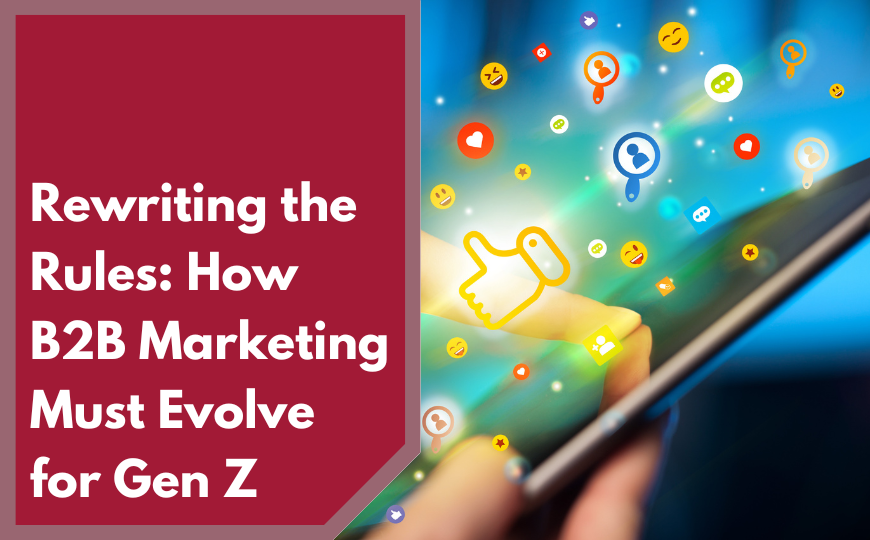The number of businesses adopting eCommerce is growing at an increasing pace. With a rising number of customers preferring to shop in the comfort of their homes and offices, eCommerce stores are poised to continue experiencing excellent growth rates in the near term. However great this news, it poses a challenge to adapt to evolving best practices in eCommerce for these businesses to stay competitive. Below are tips so eCommerce companies can future ready their sites to attract more business.
Go Mobile
Consumers who once used to shop in brick and mortar stores can now shop anywhere. Thanks to internet and technology, a customer can now shop using a smart phone, tablet or a PC. With an increasing number of customers using these alternative devices, mobile commerce is going to play a major role in sales process. Not only should mobile commerce be considered an integral part of your sales strategy, but you should also plan for cross-device shopping, with purchase across any one of these devices or in-store. ECommerce businesses need to ensure a seamless experience and a fantastic shopping experience on all platforms, particularly mobile.
Personalization Through Recommendation Engines
Upselling and cross-selling play a crucial role in the growth of an eCommerce site. In fact, a majority of eCommerce businesses are following the lead of major eCommerce retailers like Amazon.com and are implementing an effective recommendations engine. A recommendations engine analyzes the user behavior to design personalized recommendations and email campaigns. Such recommendations not only create a desire in the customers to buy more products but also encourage return to your website more often, increasing brand loyalty.
Social Media
Social Media platforms provide various opportunities for businesses to reach out to customers. Be it sharing relevant content or advertising your products, social media platforms provide ample opportunities for your business to acquire new customers. Businesses also should include social share functionality on their websites, particularly on product pages or just after a purchase is made to share what was bought. By allowing users to share the content they like across various social platforms easily, you will increase both purchases and brand loyalty. Businesses can also make use of various available apps to pull the client testimonials they receive on social media to showcase on their websites. Social Media marketing and advertising have now both become integral to your marketing strategy as a way to attract more business, increase per customer revenues and increase brand loyalty.
Affiliate Marketing
Building relations with other businesses can prove beneficial for your business. Design affiliate programs to attract other websites and businesses to promote your products. Look for businesses which have good website rankings and the ones which have a substantial user base or daily visits. Such affiliate programs can boost your marketing with little effort from you. It can also help you reach out to new prospects whom you might have normally been unable to reach.
An eCommerce business should always rapidly adapt to new technology. This is one business type that will benefit from being on the edge of innovation and adoption, particularly if it improves user experience, satisfaction rates and ability to purchase. Happy customers not only mean more business, but also will drive improvements on all important purchase metrics and help you to build a brand that will stand out from the competition.





